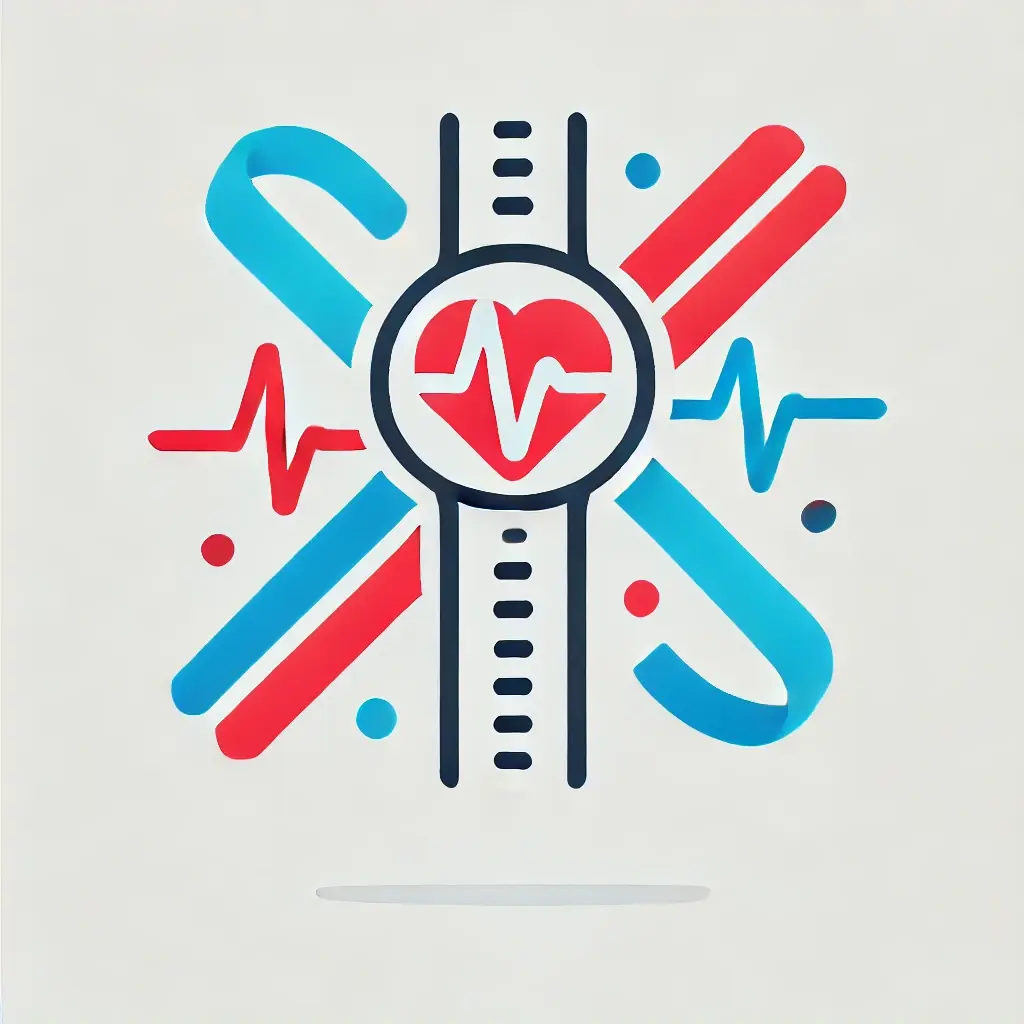Wearable health monitors have revolutionized personal health management by seamlessly integrating advanced sensors and artificial intelligence (AI) into everyday devices like smartwatches and fitness trackers[1][2]. These devices can continuously track vital signs and health metrics, providing users with real-time insights into their well-being.
AI plays a crucial role in enhancing the capabilities of wearable health monitors:
-
Data Analysis: AI algorithms can process vast amounts of data collected by wearable devices, identifying patterns and trends that may not be immediately apparent to human observers[1].
-
Personalized Insights: Machine learning models can adapt to individual users’ health patterns, offering tailored recommendations and alerts[4].
-
Predictive Analytics: By analyzing historical data, AI can predict potential health issues before they become serious, enabling proactive interventions[4].
-
Continuous Monitoring: AI-powered wearables can track vital signs 24/7, providing a more comprehensive view of a user’s health than periodic check-ups[2].
Some key health metrics monitored by these devices include:
- Heart rate and heart rate variability
- Blood pressure
- Physical activity levels
- Sleep patterns
- Blood oxygen levels
- Stress levels
Smartwatches, such as the Apple Watch, have become increasingly sophisticated, offering features like ECG monitoring and irregular heart rhythm detection[4]. Fitness trackers, like those from Fitbit and Garmin, focus on activity tracking and sleep analysis, helping users optimize their fitness routines and recovery[2].
The integration of AI in wearable health monitors has significant implications for healthcare:
- Early Detection: AI can identify subtle changes in health metrics that may indicate the onset of a condition, allowing for earlier intervention[1].
- Remote Patient Monitoring: Healthcare providers can remotely monitor patients with chronic conditions, reducing the need for frequent in-person visits[2].
- Improved Clinical Decision-Making: The wealth of data provided by wearables can help healthcare professionals make more informed decisions about patient care[1].
As wearable health monitor technology continues to advance, we can expect even more sophisticated AI applications, such as real-time disease diagnosis and personalized treatment recommendations. However, it’s crucial to address privacy concerns and ensure the accuracy and reliability of these AI-powered devices as they become increasingly integrated into healthcare systems[1][2].
Further Reading
1. The Emergence of AI-Based Wearable Sensors for Digital Health Technology: A Review – PMC
2. How AI-Powered Wearables are Reshaping Health Care | Washington D.C. & Maryland Area | Capitol Technology University
3. How AI and Wearable Technologies Are Transforming Medicine
4. https://www.pymnts.com/news/artificial-intelligence/2024/how-ai-and-wearable-data-could-drive-better-cheaper-health-outcomes/
5. 14 Emerging Wearable Health Technologies Transforming Remote Care


